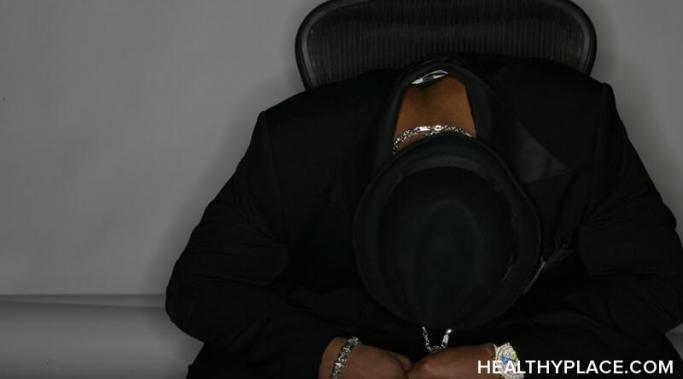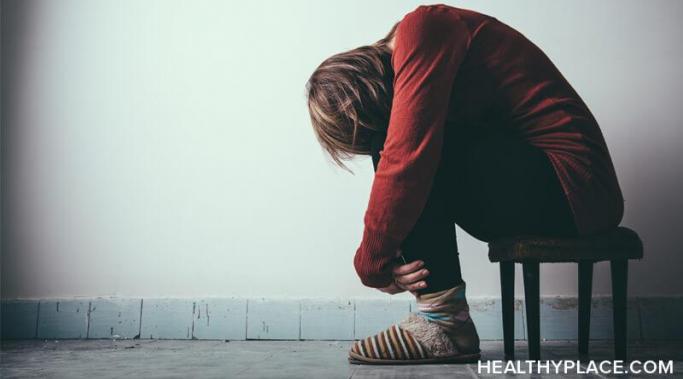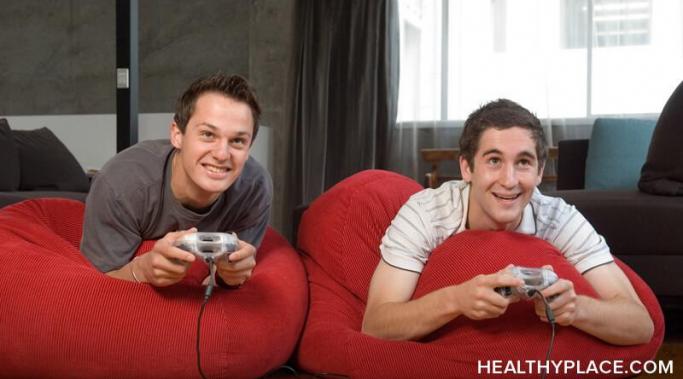Have you ever wondered whether your burning desire to shop has a link to depression? Well, you may be right. Read on to know if excessive spending is a sign of depression.
Living With Mental Illness
Emotions make us human, but sometimes I wish I didn't feel anything. I believe life would be a lot easier without the ability to experience emotions and feelings.
My depression is a disability. In my six years as a mental health blogger, I have often encountered people who believe that depression is temporary and those who cannot overcome it quickly are weak-willed. Despite various depression awareness campaigns, I have noticed that most people still minimize the effects and consequences of depression. These folks are so close-minded that they hang on to myths and misconceptions even in the face of cold, hard facts. It can be impossible to silence such naysayers for those of us who are living with this condition. But even if we cannot silence them, we must not internalize their misconceptions about depression and realize that depression can be a disability.
I am one of the many people who consider their first love a life-changing chapter of their lives. Unfortunately, betrayal marred my first love, and the resulting betrayal trauma made it hard for me to move on.
If you are active on social media, you have probably heard this relationship advice: "If he wanted to, he would." Although it is valid in some cases, it is also ableist. Read on to know more.
You need a mental health sanctuary because life can be chaotic and overstimulating. Being constantly on the go, facing endless responsibilities and demands, is stressful. Add to this our fast-paced, technological world that has us almost constantly plugged in and connected, and it's easy to feel overwhelmed and even out-of-control. When the brain is bombarded by sensory input, it can have a hard time processing everything. One pleasant and effective way to decompress and reset is to create a soothing sanctuary for your mental health. Keep reading to discover what a mental health sanctuary is, why it's vital, and how to create it.
I wish I could say that my poor mental health doesn't affect my social life and relationships, but unfortunately, it does. Sometimes, my mental illness makes me unkind, and it's embarrassing to be the one always canceling plans, leaving texts unanswered, and occasionally lashing out at friends and family.
Dealing with attention-deficit/hyperactivity disorder (ADHD) can be difficult at any age, and it brings unique and especially irritating challenges when you're a young adult. Whether you're newly diagnosed or have been dealing with it since childhood if you're suddenly feeling frustrated by ADHD symptoms and the way they're interfering in how you want to live your life, know that it's natural to feel this way and that you don't have to be forever ruled by ADHD. Here's a look at how ADHD specifically affects young adults and some tips that are different than what you might have seen before.
A couple of weeks ago, my therapist suggested a change in my medication. I'm currently on my fifth antidepressant in two years. No matter how much a medication seems to work to treat my depression and anxiety symptoms, it seems that there always comes a time when I need to try something else. And at this point, I almost want to give up on antidepressants.
Living with mental illness or mental health challenges can be frustrating. It can complicate the stuff of life, such as making and keeping friendships. In the last post, we explored some obstacles mental illness throws in the way of friendships, as well as a vital first step in friendships: becoming a friend to yourself. Now we'll turn to some practical tips for making friends when you are dealing with mental health difficulties.









